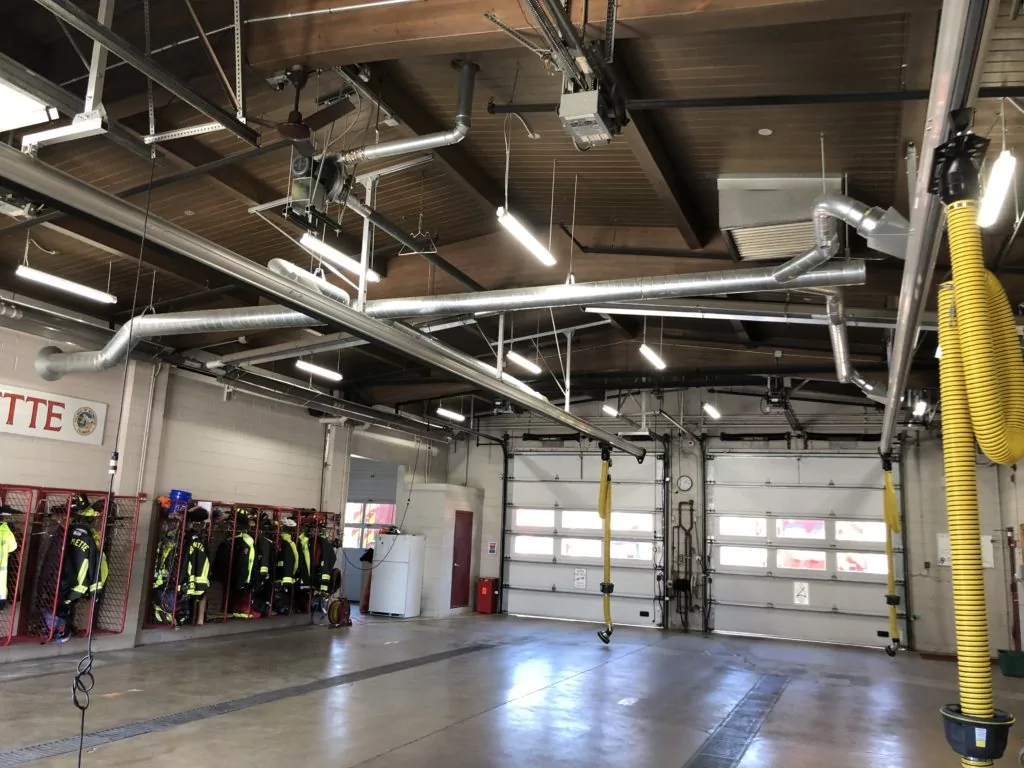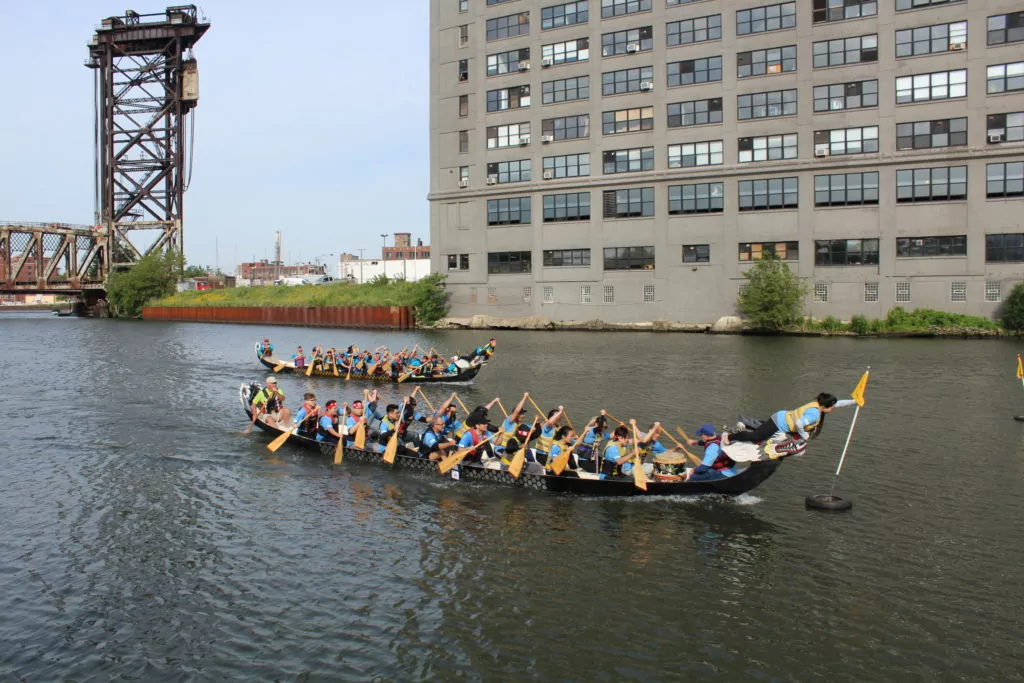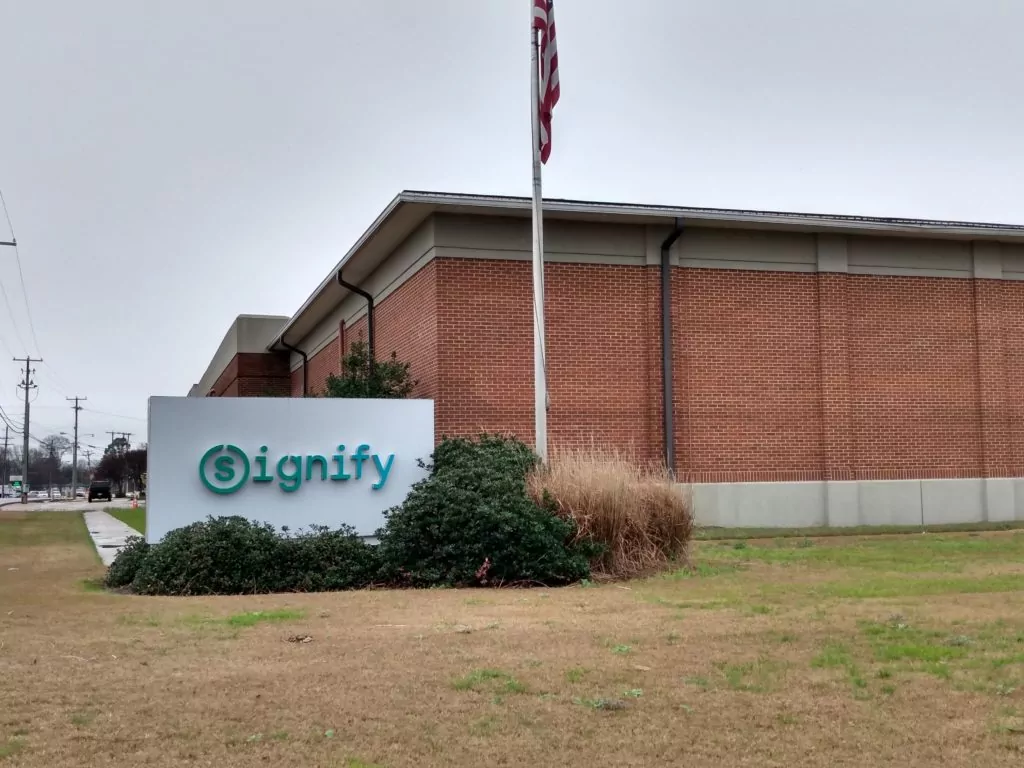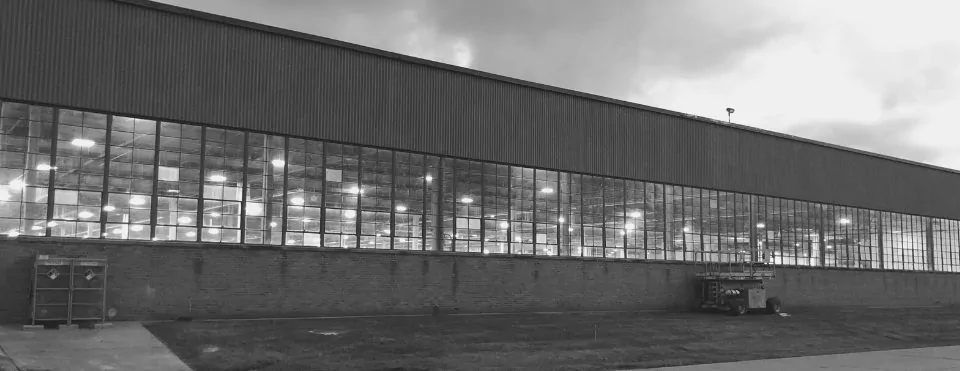Why We Believe in Being an L3C Company

May 13 2019
Social Enterprise is when mission and profitability get combined. There are lots of types of entities that meet this generalization, including B-Corp, Benefit Corporations and L3Cs. These companies are nuanced slightly differently, with Warby Parker being perhaps the most famous example.
Social enterprises often believe in a triple bottom line, including profit, social and environmental good. While these can be incredibly hard to just alone be profitable as a company, often having a triple bottom line can help drive profitability.
L3C – Limited Liability Low Profit Corporation
L3Cs have a terrible name and marketing issue – the term low profitability. There is actually no limit to the profit that you can make as an L3C, so this creates a lot of confusion in the marketplace. In fact, this was our original logo and we moved away from it because of the confusion it created.

L3Cs are written into your operating agreement and organization in your state, and are allowed in Illinois, Kansas,Louisiana, Maine, Michigan, Missouri, North Dakota,Rhode Island, Utah, Vermont, Wyoming. While the L3C states 2020 and 2021 are expected to grow – it really determines the IRS rules and regulations on the Program Related Investment (PRI) in true adoption of this entity status. While L3Cs can operate in any state, it really just comes down to what state you’d like to incorporate in. Verde is fortunate to be located in Illinois, one of the L3C states 2019 and earlier.
Limited liability low profit corporationss operate like any other company, but must work within their areas of social focus. Our area of focus is energy efficiency and sustainability, but L3Cs can work within a large range of social issues.
You might ask why the L3C status at all, and why paint your business in a corner. Well, L3Cs are designed for foundational loans at below market rates. What does this mean – let’s unpack that statement.
Foundations are large institutions that receive donations from individuals, typically wealthy individuals or businesses. In order to avoid paying taxes on these donations, foundations must give away 5% of their net worth annually to maintain their tax deductible status. Almost all of their giving is grants – large amounts of money that do not need to be repaid. However, some of that giving can be in terms of loans, and this is often applied for large low-income housing projects.
L3Cs can receive this low interest loan from a foundation that is within their social focus. While I thought this was a really interest concept when I first formed Verde in 2010, I now see how transformative it is and how it can be used. First – Verde lives and dies on our Line of Credit. We currently have $1,200,000 of credit from our bank tied up in our inventory and our invoices due from customers. We rely on this line to pay our vendors and employees and rent, when it sometimes takes our clients 60 or even 90 days to pay us.
Additionally, a lot of environmental work is tied to the interest rate. If you want to spend $50,000 on your business to save $25,000 a year in electricity, you either need to have the $50k in the bank saved, or borrow it. If the interest rate gets high, or if you lack the credit, you can get stuck in they cycle of never moving forward with a project. Foundational giving can help fill in the void of traditional banking, as a real way to stimulate growth that may not otherwise happen.
That being said, a lot of foundations are risk averse and stick to the traditional form of funding through grants. The future is bright, but currently, Verde just works to stick to our values and does not benefit from foundational giving.
Why not just run a non-profit instead of an L3C?
Non-profits are essential, and I don’t want to disrespect my friends in those entities with what I am about to say. Non profits have several fundamental problems – first, they are stuck in a cycle of needing to ask others for money and fundraise. Often, non-profits spend as much as 20% of their donations on raising more money.
Additionally, our economy as a low profit company is driven by clients and customers paying for things that they value. We have too grand an environmental issues to be solved by giving alone – and we need real business solutions to solve them. As Verde is driven by clients and customer revenue, we continue to evolve based on those findings. We feel that we can operate in this space faster and better than a non-profit, and do more exciting sustainable growth. We hope our success creates copycat companies around the country, so our impact can be replicable and scalable. We also intend to be the industry leader in this space, growing throughout the country as well when we are willing and able.
We believe the environment is stressed.
We are a privately owned company, and we don’t need scientists on each side to prove this is right or wrong. We feel that there is enough evidence that our climate is stressed, and that collectively, we need to act now. There is not one cold day or one hot day proving this fact, but hundreds of years of humans burning fossil fuels and removing wilderness that has put us in this situation.
We needs hundreds and thousands and millions of individuals and entities working in usison on this issue. At Verde, we are around 30 individuals working in our own way to reduce electricity and natural gas usage in our business community.

We believe that environmental action is a benefit and not a liability.
We often get too caught up arguing about how much it will cost to save the environment, that we walk right past hundreds of small solutions in the process.
Benefits are just over a time period and need prioritization now. If you are a business, you need to make the trade off every day in spending today in operational cost savings vs bringing in new customers. We don’t always make the right choice, but we at least deserve the right information to make the choice. Solar panels can seem like a far off benefit, but do you really have the information on how much it will cost and how much it will save? Are there tax benefits to doing so, and are there incentives from your local utility that might help drive your decision?
Energy efficiency and other sustainable actions can be found in unexpected places, you just need to know where to look to find these opportunities. If you are not looking, you won’t find them.
We believe in taking care of our employees as a leading L3C.
As a former firefighter, I was well taken care of in terms of pay and retirement benefits. In fact, I didn’t appreciate how important the healthcare benefits were until I left the department and had kids on COBRA. Wowsers, and I can definitely say that without Obamacare, I would likely have had to taken a different job to get insurance for my family and our “pre-existing conditions”.
However, I served as a union steward and found that our employer often just plain didn’t respect us and some of our most basic rights. We would be asked questions about why we were sick, had little support for mental health coverage, and I felt that FMLA protections were used against us at every opportunity possible. I was once put on mental health leave for several weeks because of concerns I brought up about suicide. I am sure I didn’t handle that situation correctly, but it was hard to see how the village management cared about me or valued me as a person.
While not perfect in execution (we make mistakes), we try to do right by our employees. We provide health insurance, pay people to work through our slow times, match 401k contributions, pay off school loans in Peanut Butter contributions, and provide unlimited time off to employees with notice. Again, we are not perfect, but we believe that if we take care of our employees, that they will take care of our clients and the profit will follow – and I feel that the research is on our side on this one.
We believe the problems our society face are too big for one answer.
The federal government can be relied on for some things, like protecting our borders from real and imagined invasions, as well as roads, bank regulation, etc. However, the problem we face is too large for our government to figure out, so we need lots of little companies like ours fighting side by side. Come join us.
We believe Illinois is the answer and a great playground for experimentation.
Illinois gets a bad wrap. Many complain about the high taxes, pension debt (I did my part by giving an interest free loan to the fire pension for eleven years), and other crime issues in Chicago.
However, Chicago has a story that is not told enough – a small community that built itself up from nothing by just a few civic leaders. Those civic leaders financed and dredged the canals that made us the center of transportation, then led to the eventual rail and air importance that is Chicago today.
Our civic leaders continue to lead together. Civic leaders helped push and shape the L3C law that Verde formed under in 2010. Civic leaders helped develop the 1871 tech incubator in Chicago, where Verde was formed and found our first 30 customers. Civic leaders helped form the FEJA law, which drives over $400,000,000 of spending in energy efficiency in Illinois in 2019 and make Illinois very attractive for us. Civic leaders are also continuing to help make Illinois a destination for solar PV investment, to match the last generation of wind investment we received.
Finally, our low cost for energy also makes us interesting. As the saying goes, if you can play in Chicago as an energy efficiency company, you can play anywhere. Most coastal states have 2 or 3 times our energy costs.
We believe younger workers can be engaged in their work.
Millenials get a bad wrap for not working hard from much of the traditional business community. However, I have found our young workers to be incredible employees, especially when finding those that are passionate about sustainability (and there is no shortage in that generation). I’m a bit older and more of an outlier in my generation, but the young work harder than anyone when engaged and care more about mission than pay.
It doesn’t mean every employee is a perfect fit just because they care about the environment. We don’t believe in keeping people around that are not a cultural fit, as hard as it can be. However, I believe we have a higher success rate with employees than comparable firms because we seek out individuals with passion that meets our own.
Proof is in the pudding.
This is where we brag a bit, or at least provide evidence of why our philosophy is worth paying attention to. In 2018, we were the most cost effective (lowest $/kWh at $.16) partner in public sector small facilities program in Illinois. In 2017 and 2108, we were Partner of the Year for the Small Business Offering in Comed territory, the only two years that they have given away the “Stanley Cup” of energy efficiency. In 2016, we were awarded the most comprehensive partner by Comed Small Business Energy Savings Program, showing our depth and willingness to learn.
L3C Profitability
Finally, we have been profitable for the last 6 years, while increasing our revenue from 2013 to 2018 by a factor of 80 times. We stress protecting the environment and our mission over profit, but we still believe as profit as the solution, not the problem.

Featured Posts

Mar 15 2021
Energy Savings Formula
In 2002, I became a firefighter in the north suburbs of Chicago. I was young and idealistic - loving almost every part of the job. However, I had another secret passion - sustainability. In addition…
Continue Reading >

May 02 2019
Verde Energy Efficiency Experts 10 Most Sustainable Companies in Chicago
In our energy efficiency consulting firm, we constantly look for inspiration from local companies that lead and innovate in clean energy and sustainability. Not all companies have billion dollar budgets, but that doesn’t mean that…
Continue Reading >
Related Articles

Dec 22 2020
I Intend to Create Change in 2021
Creating an organization is very difficult work, but there are tools to make it easier. Growing from a single person that did everything (screwed in the lightbulbs, processed utility paperwork, created invoices and sales) to…
Continue Reading >

Feb 22 2020
US Manufactured LED Lighting
Verde Recently was welcomed to visit the site of our High Bay LED Lights for warehouses by Signify (formerly Philips Lighting). This plant is in Tupelo, Mississippi and has a strong heritage and high quality…


